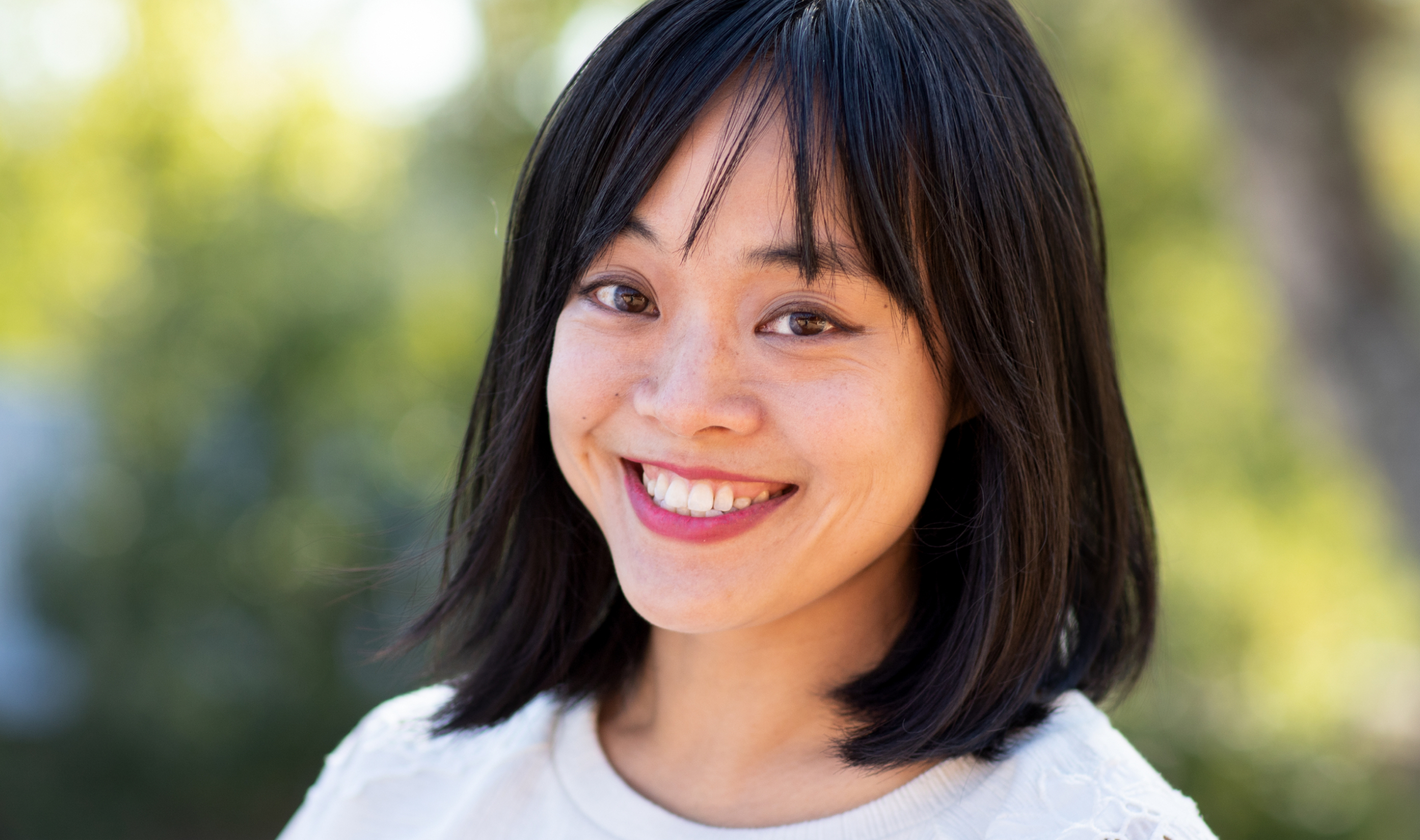"Energy democracy is when we place everyday people's voices into designing what our future should look like." Crystal Huang
We practice democracy when we participate in our local, state, and federal elections, rally our neighborhood to add a stop sign to a high-traffic area close to schools, and even give our kids a choice between pizza and burgers on the weekend. The process of active participation in decision-making and distribution of power is the foundation of how we strive to operate in the United States and many other societies.
However, we also know that decision-making power is currently in the hands of a select few. Today, governments and corporations significantly influence how our systems are structured and regulated, particularly in the energy sector (i.e., electricity and gas). We know that the fossil fuel industry, one of the leading culprits behind climate change, capitalizes on and monopolizes power. Often, only one gas company or one electric company supplies power in our entire state, which ultimately limits our ability to decide how these resources are managed.
But what if there was a way that we could shift power to communities? For Crystal Huang, Co-founder of the People Power Solar Cooperative and National Coordinator at the Energy Democracy Project, the answer is energy democracy.
Read our full interview with Crystal below to learn more about the concept and how her journey in the climate movement led her to champion community power.
How did you first get involved in the climate justice movement?
One of my core values is curiosity. Since I was a child, curiosity has driven everything I do. I would always ask questions about why the world was set up the way it was, like: “Why is this building here? Why do countries exist?” The adults around me would say, “that’s just how it is.” But that didn’t stop me from asking questions. I let curiosity drive me, which got me into the environmental space.
I went to college thinking I could contribute to the betterment of the planet, falling into the dominant understanding of environmentalism, climate change, and what climate solutions should be. I started working in energy efficiency, waste management, and renewable energy. Through that work, I learned about community organizations in California fighting neighborhood violence, and what they were doing blew my mind. They were collectively implementing solutions to their problems by organizing community gardens and forming networks of support.
It was then I realized climate change is not the problem. There’s a bigger problem causing climate change and it’s the same force causing neighborhood violence, causing displacement, lack of mental health education, and other issues. However, the solution is very simple: when you put power in the hands of the people, the problem will be solved. Since I found the climate justice movement, it made all my questions as a child make sense. It answered what I needed to know.
What inspired you to start People Power Solar Cooperative?
People Power Cooperative is the result of many years of activism from many climate justice activists in California. There have been advocacy efforts over the years about community interest in ownership of energy systems. Finally, a group of environmental justice lawyers got frustrated with the lack of movement from policymakers and decided to show them why this matters.
At the time, they had just passed a law in California that allowed individuals to put money into cooperatives up to $1,000, which made it a lot easier for everyday people to pool resources and build something meaningful. So they thought, why don’t we do this for renewable energy ownership? We founded the People Power Solar Cooperative as a framework for everyday people to come together and build renewable energy projects.
What is energy democracy? Would you consider it an effective climate solution?
Right now, the dominant narrative tells us that climate solutions should focus on decarbonization when in fact, it should focus on decolonization. Decolonization of our minds and land — what is our relationship with the land and each other? We won't get there if we don't talk about what this can look like in our infrastructure, which is energy.
We live in a society where we’re all taught not to think about energy. For over 100 years, we’ve been told to sit back and pay our bills and not think about what’s happening on the back end because big corporations and the government will take care of us. But as we’ve seen, our future is at stake, so how do we take back control? Climate change is not a problem of too much carbon in the air; it’s not a problem to be solved by recycling. Climate change is an imbalance of power. We need to remember that we, the people, have power.
The conversation should be focused on who is sitting at the decision-making tables. Until we start thinking about who gets to have a say, we're never going to envision a liberated future. That is why energy democracy is so critical. Energy democracy is when we place everyday people's voices into designing what our future should look like.
Source: The Energy Democracy Project Zine
Where can people learn more about energy democracy?
The Energy Democracy Project and People Power Solar Cooperative recently published a zine to help people better understand how our current systems and narratives contribute to profit over people and planet and what people-powered solutions look like. It also includes stories from climate activists who champion energy democracy and insights about how you can bring ideas into your own community.
You can support the below organizations working to advance energy democracy:


